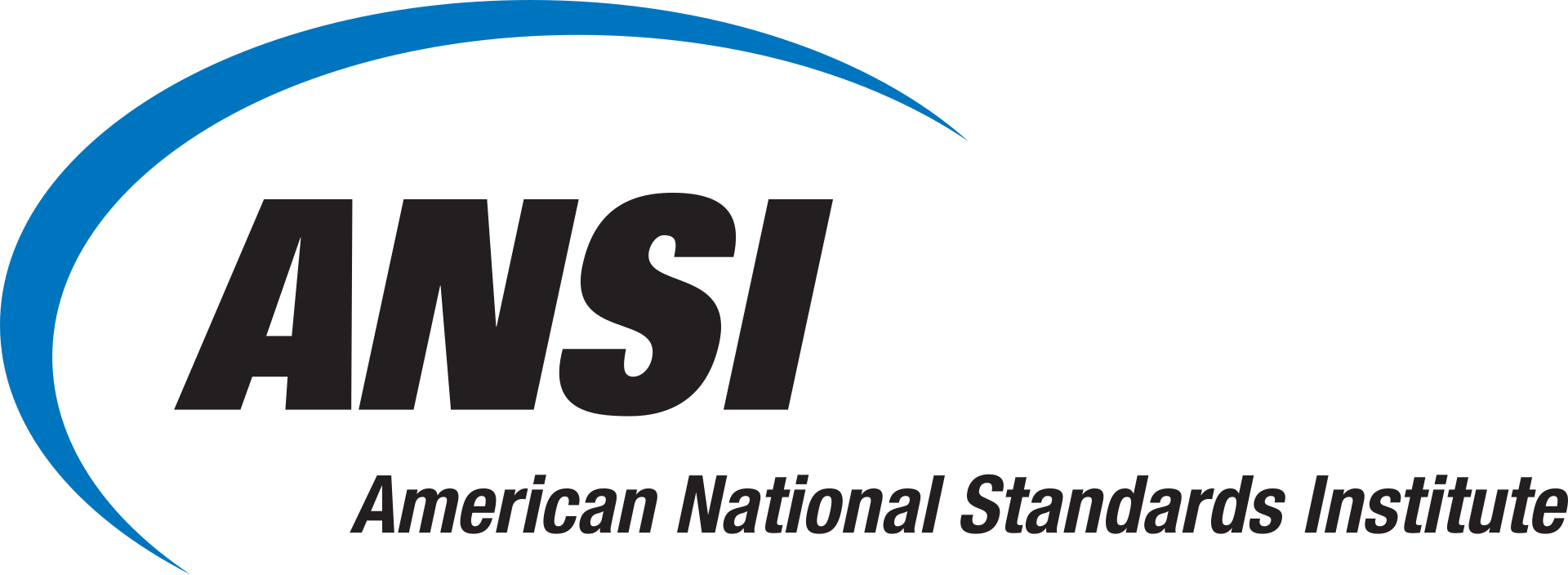ISO/IEC 14882:2024—Programming languages – C++

In 1978, while working on his PhD thesis at AT&T Bell Labs, Bjarne Stroustrup, a Danish computer scientist, created C++. In 1983, the first version of C++ was released to the public. It quickly gained popularity among programmers worldwide and many companies adopted it to use in fields, such as system software, game development, embedded systems, scientific computing, and high-performance application. ISO/IEC 14882: 2024—Programming languages – C++ covers specifications for the C++ programming language.
What Is the Programming Language C++?
C++ is a general-purpose, high-level programming language (GPL) that is used to create software. C++ is used to build operating systems, browsers, games, databases, middleware, embedded systems like smartwatches and medical devices, well-recognized applications like Adobe products (e.g., Photoshop), Facebook, Autodesk products, and much more.
This fast and efficient language that is compiled directly into machine code, making it faster than interpreted languages like Python. Further, C++ is an object-oriented language, which means it emphasizes using data fields with unique attributes (objects) rather than logic or functions. Its standard library provides a range of coding functions and utilities, making it easy to develop complex software systems.
What Is ISO/IEC 14882?
ISO/IEC 14882:2024 specifies requirements for implementations of the C++ programming language. The first such requirement is that an implementation implements the language, so this standard defines C++:
- C++ is a general purpose programming language based on ISO/IEC 9899. C++ provides many facilities beyond those provided by ISO/IEC 9899, including additional data types, classes, templates, exceptions, namespaces, operator overloading, function name overloading, references, free store management operators, and additional library facilities.
Other requirements and relaxations of the first requirement appear at various places within this standard document.
What Are the Changes in ISO/IEC 14882:2024?
This seventh edition of ISO/IEC 14482 (i.e., ISO/IEC 14882:2024) cancels and replaces the sixth edition (ISO/IEC 14882:2020). Technical changes in the seventh edition of ISO/IEC 14882 include:
- Improved support for Unicode
- Improved support for programming with constant expressions and constant evaluation
- Addition of a new way to declare non-static member functions with an “explicit this parameter”
- Addition of support for #elifdef and #elifndef preprocessing directives
- Change of overloaded operator [] to allow multiple parameters
- Change of lifetime rules in range-based for loops
- Addition of a new “decay-copying” declaration “auto(x)”
- Support for extended floating-point types
- Addition of facilities for explicit lifetime management
- Addition of facilities for expressing assumptions
- Addition of standard library modules
- Addition of new standard library container and view types
- Addition of new standard library algorithms
- Addition of a generator type for use with coroutines
- Addition of an “expected” type for error handling
- Addition of string formatting and printing facilities
- Technical corrections and enhancements of existing core language and library facilities
What Are the Applications of C++?
C++ is a programming language used to create software for a variety of applications, including:
- Operating systems: C++ is used to build operating systems like Windows, Linux, and Mac OS.
- Browsers: C++ is used to write browsers like Chrome, Firefox, Opera, and Safari.
- Video games: C++ is used to develop 3D and multiplayer games.
- Internet of Things (IoT) devices: C++ is used to code software for IoT devices like smart TVs, refrigerators, light bulbs, and phones.
- Database management: C++ is used to develop popular database management tools.
- Scientific computing: C++ is used in scientific computing.
- High-performance applications: C++ is used in high-performance applications like telephone switches and space probes.
ISO/IEC 14882: 2024—Programming languages – C++ is available on the ANSI Webstore.






